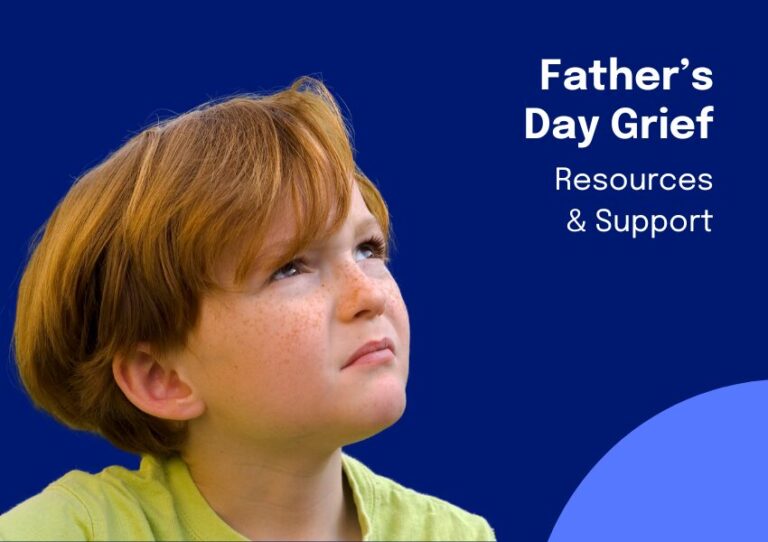Father’s Day May Not Be Easy for Some Students

For school programs that extend into the summer months, Father’s Day is often a day to celebrate. Students might make cards, write stories or perform plays. Some invite their fathers to school for special programs marking the importance of fathers in children’s lives.
For a child whose father is absent, however, these celebrations can be confusing and even painful. This can include a surprising number of students. A father may have died. He may live in another state or town. He may be deployed in the military. He may be in prison. Some fathers’ whereabouts are unknown to their children.
The First Father’s Day
The first Father’s Day, ironically, was organized on July 5, 1908, by a woman named Grace Golden Clayton. The previous December, her own father had been killed in West Virginia’s Monongah Mining Disaster—one of 361 lives lost that day. Of the men killed, 250 had been fathers. About a thousand children in the community were left fatherless.
Grace Clayton wanted to honor the memory of all of those fathers and share her grief with other families who had lost loved ones.
Today’s Father’s Day
Father’s Day is a very different kind of event today, celebrating living fathers and their value in our own lives. It makes sense to affirm the importance of positive male role models for students. Using a few simple steps, educators can present Father’s Day activities in ways that are less likely to be troubling for those children who do not have fathers engaged in their lives.
- Expect that these activities might trigger feelings of confusion or grief. It is not difficult to imagine such reactions for children who have experienced the death of their father. However, such activities might also be troubling for children who have lost other important male figures in their lives— uncles, grandfathers, neighbors. Even children who have gone through the death of a sibling, mother or close family friend might be reminded of ways the family has changed since the death.
- Frame activities in broad, flexible ways. Acknowledge the possibility that fathers may be absent. For example, you might say, “For this Father’s Day activity, I’d like you to focus on your father or another important male adult in your life—someone who cares for you and has provided support. If your father is not living, or he does not live with you, you can still complete this activity with him in mind if you wish.”
- Reach out to grieving students ahead of time if possible. If you know a student has gone through a loss in the family, speak privately before the activity. Describe what you plan to do. Then ask if the student feels comfortable with this activity or would like to do something else.
- Be sensitive to students’ responses during the activity. Watch for students who show signs of discomfort or distress. Check in to see if they would like to adapt the activity in some way (e.g., making a card for their mother, a helpful neighbor, or their best friend). Avoid calling on these students during discussions, but allow them to volunteer to speak if they wish. These are also useful adaptations for activities on other holidays that focus on family connections—Mother’s Day, Valentine’s Day, Thanksgiving and more. Offer students options suitable to their range of life experiences.
The Coalition to Support Grieving Students created a free school practitioner-oriented website, grievingstudents.org, with over 20 video training modules on topics ranging from how to talk with grieving students to responding to a school crisis event. Endorsed by over 125 professional organizations and free to download, the website provides module summaries, handouts, reference materials, and guidance documents that provide step-by- step practical advice. Free resources for parents and other caring adults are also available.



